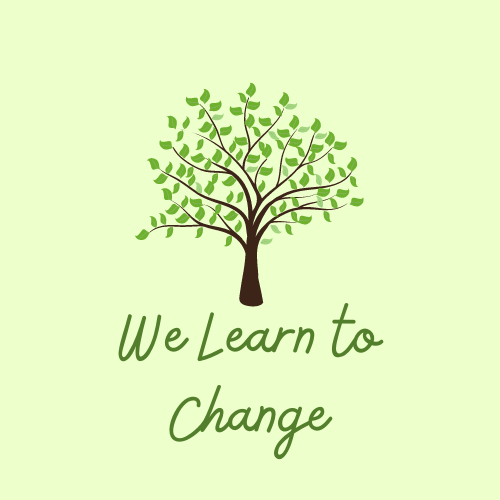Repurposing a famous line from Pink Floyd’s “Another Brick in the Wall” to highlight a positive aspect of education.
From Veggies to Meat
In my last post for Medium, I wrote about ed-tech “veggies.” That was one of my favorite posts to write. If the resources I mentioned are those that transform remote learning into something more meaningful, providing “fiber,” “vitamins,” “color,” and useful “calories,” then what is the “meat” or “protein” (if you are vegetarian) part of this delicious plate?
Why am I seemingly obsessed with this metaphor?
“Another Brick in the Wall”
This song tells a harrowing tale of Roger Waters’ experiences in school. It was a hit among educators at the time, even though its depiction of the teachers was not positive. Essentially, the teachers all become part of the wall Rogers’ character, Pink, builds around himself as he slowly isolates himself after multiple traumatic moments in his life. Thank you, Consequence of Sound, for that information.
It may seem odd that I have chosen a line from this song to talk about a positive aspect of education, but for some reason, I’ve always agreed with the teacher. I was raised to clean the plate and to know that getting dessert was contingent upon finishing dinner. So, whenever I hear this line, I usually think to myself, “What’s wrong with saying that?”
What’s the meat (protein) and what’s the pudding?
The meat in this metaphor is the “good question,” and the pudding is the “answer.” Therefore, how can you find the answers if you don’t know how to ask good questions?
Just like protein is the building block for strong muscles, good questions are building blocks for a well-developed cognitive process. Sure, some might overdo it on the protein because – in the US, at least – “more is better,” but others may not get enough. They may always want the dessert, the pudding – the answer.
I’m not saying that giving or finding the answers is unnecessary. Instead, I’m saying what my grandmother said about life in general: “Everything in moderation.” I’m saying that getting or finding the answers without learning how to ask good questions isn’t as healthy as learning how to ask good questions that get you to good answers.
By the way, Grandmom Graber was raised by the owner of several bakeries, so to say you can’t have dessert was anathema to her. It is to me as well, especially now that I know what that sweet stuff represents in my head. It’s the treat that tickles the taste buds, concludes the meal, wraps up the activity.
If questions build the brain, answers give it that warm-and-fuzzy feeling, that sense of relief from knowing something new or re-affirming something known. Right?
Serve up a balanced plate
So, how do we, as teachers, serve up a balanced plate?
- Authentic lessons – These are the carbs of the meal, which supply a steady stream of energy to the body. Authentic, meaningful lessons, with a healthy balance of skills, concepts, and connections leads to higher engagement. Don’t forget to have an answer ready for this important question: “Why do we have to do this?”
- Explicitly-taught questioning strategies – Close reading and interrogating the text come to mind immediately for me, but that’s because I teach ELA. The questioning strategies for your subject area are probably much different. Use the strategies often to model and guide the students through the process. Consider modeling to be the “awesome sauce” that goes on the meat featured in that day’s meal. The sauce (modeling) entices the diner to sample the meat (questioning) because it just seems so yummy!
- Ed-tech resources – Use ed-tech resources wisely and consistently. Ease into using new tech. I’m not going to say wait until you feel comfortable with it. I don’t. I tell my students, “Well, this is an experiment. Let’s see if it works!” When students see me struggling with something new while still smiling, then they don’t feel so intimidated and want to try it themselves.
- Self care – Be yourself. Love yourself. LIKE yourself. Trust yourself. Have fun!
So, eat your meat, your veggies, your carbs, and your dessert. But, as Grandmom Graber said, “Everything in moderation.”
Thank you for reading.
